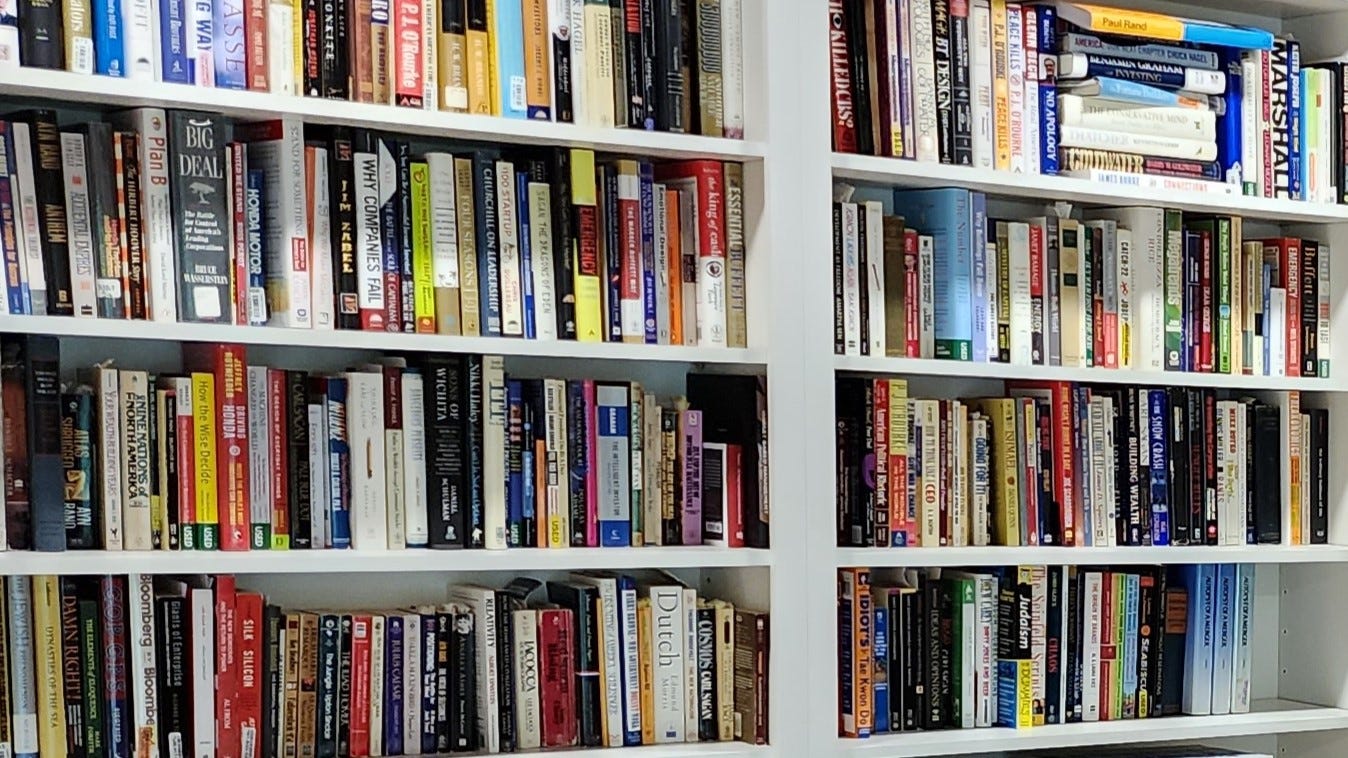The problem of digital rentership
On rented access, software-as-a-service, and why it's likely the pendulum on media ownership rights will swing at least a little back towards consumers sooner or later
For any number of goods delivered digitally -- television shows, computer programs, e-books, music -- sellers are increasingly insisting that they own the rights and you, the customer, are only renting access. That's a pendulum that has swung a very long way from where it began (when the customer owned the rights and the medium, like a cassette tape, was largely just a delivery mechanism), but one can be sure it will end up swinging somewhat back in the other direction.
■ It won't swing all the way back, of course. But the current scheme begs for abuse and workarounds, which are a sure sign that some alert seller will recognize the market being cultivated by bad service experiences. Customers will get cagey and find ways around control, they'll shift their purchases to sellers who aren't so fickle, or they'll demand to own rights free and clear on those things they really value, even if it costs a premium.
■ In theory, the concept of content as a service offers a lot of choices for both fresh production and ongoing support: Software-as-a-service (SaaS) and its relatives are big business, and for good reason in that they can take a lot of work off the hands of busy corporations. But other things move much more slowly: An enthusiastic reader might purchase a book with the intention of reading it "sooner or later", and the "later" might well be 20 years from now.
■ On the printed page, that's nothing. Plenty of libraries still check out books much older than that. But entire e-reader platforms can come and go in the same window of time.
■ Lots of platforms for media delivery have proven to be all too ethereal, from Yahoo Music to Google Reader to the Palm Desktop to Stitcher. The frustration of enduring a service "sunset" could drive the committed user mad. It's fairly clear that the environment is ripening for at least some moderation back in favor of letting consumers buy their content, rather than often unwittingly renting it.



